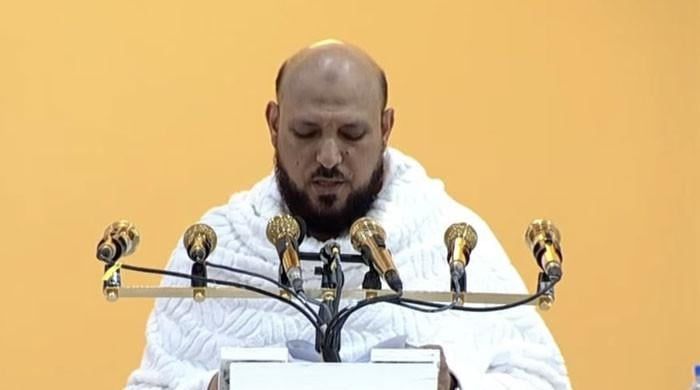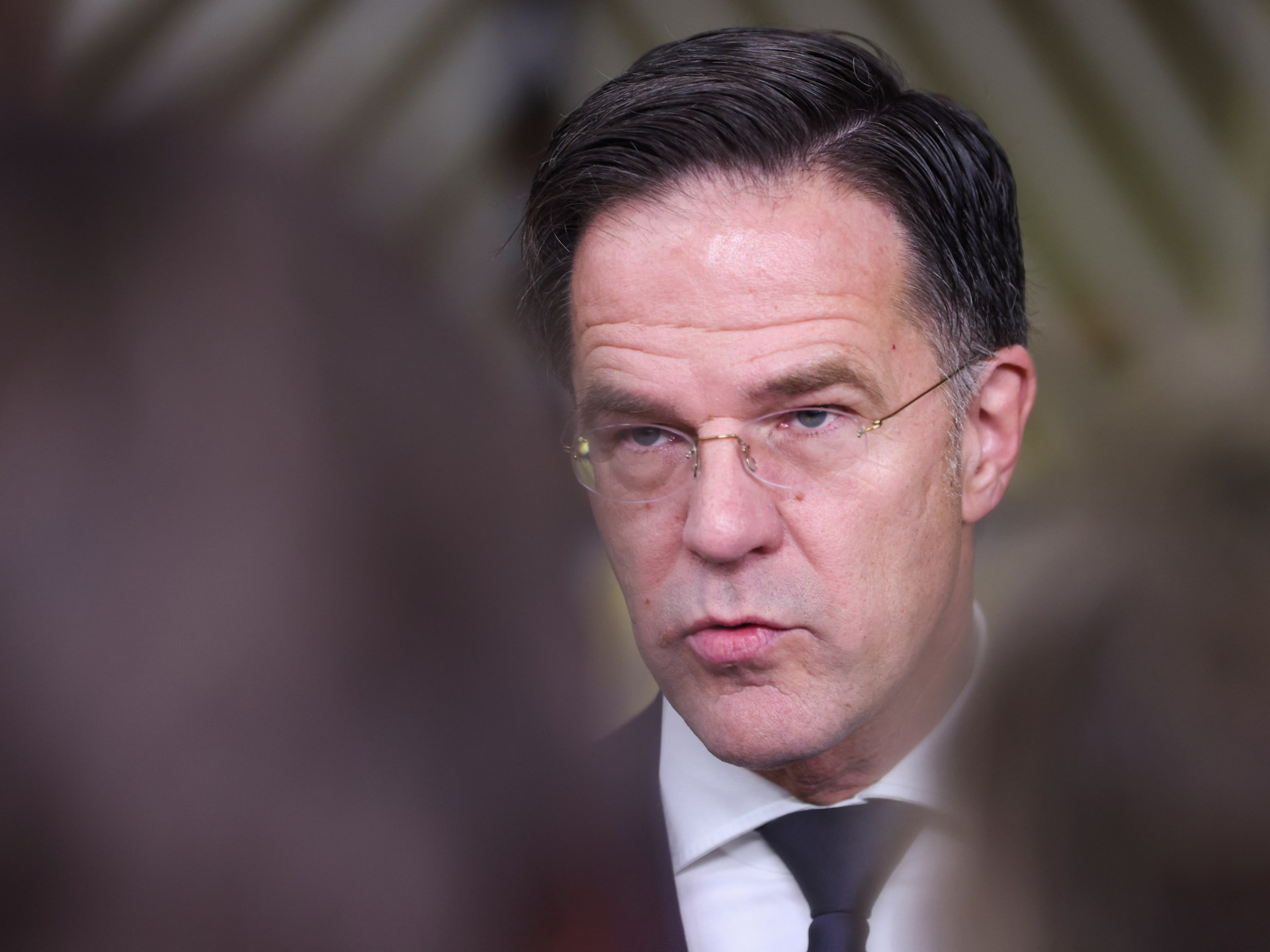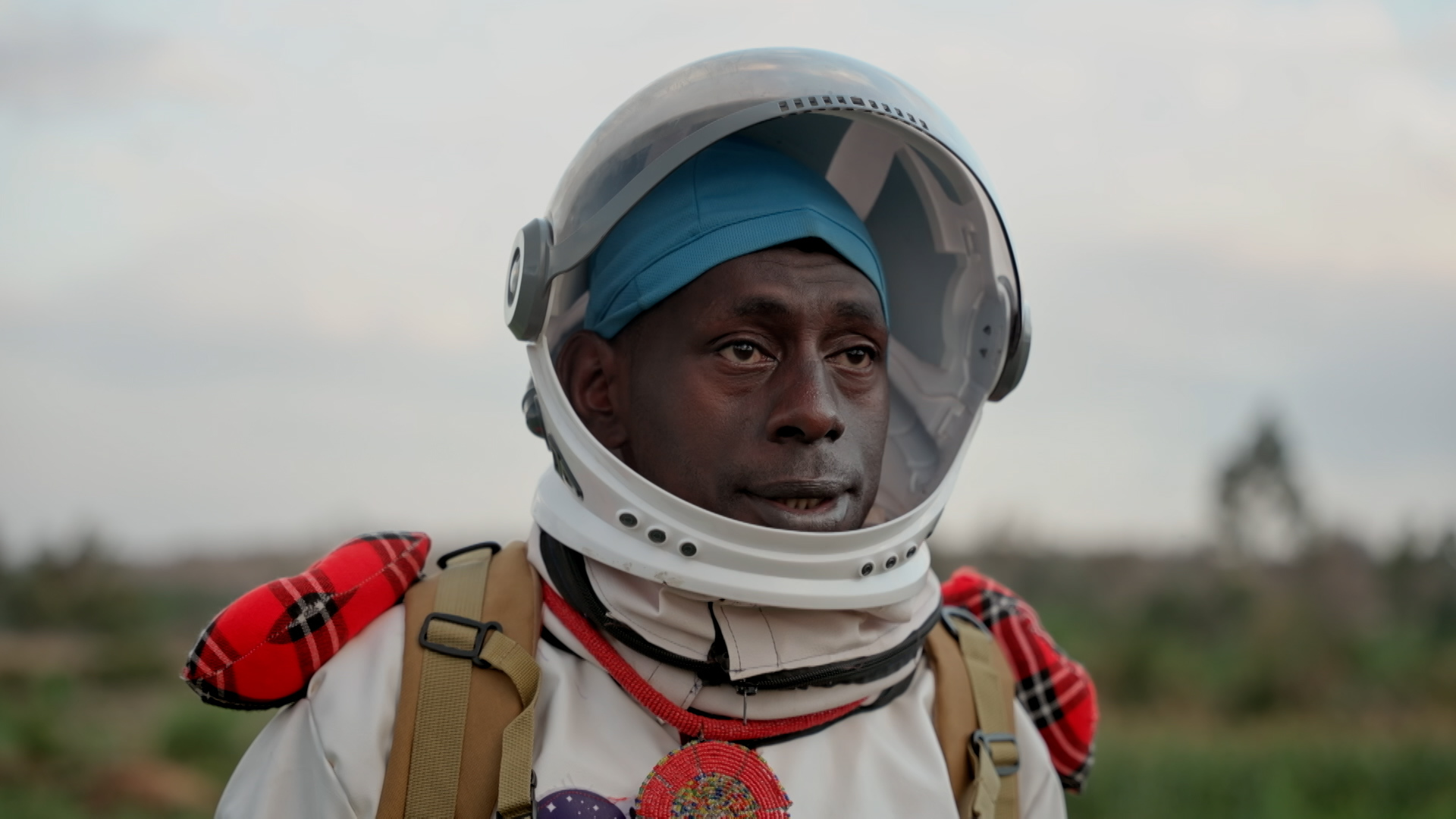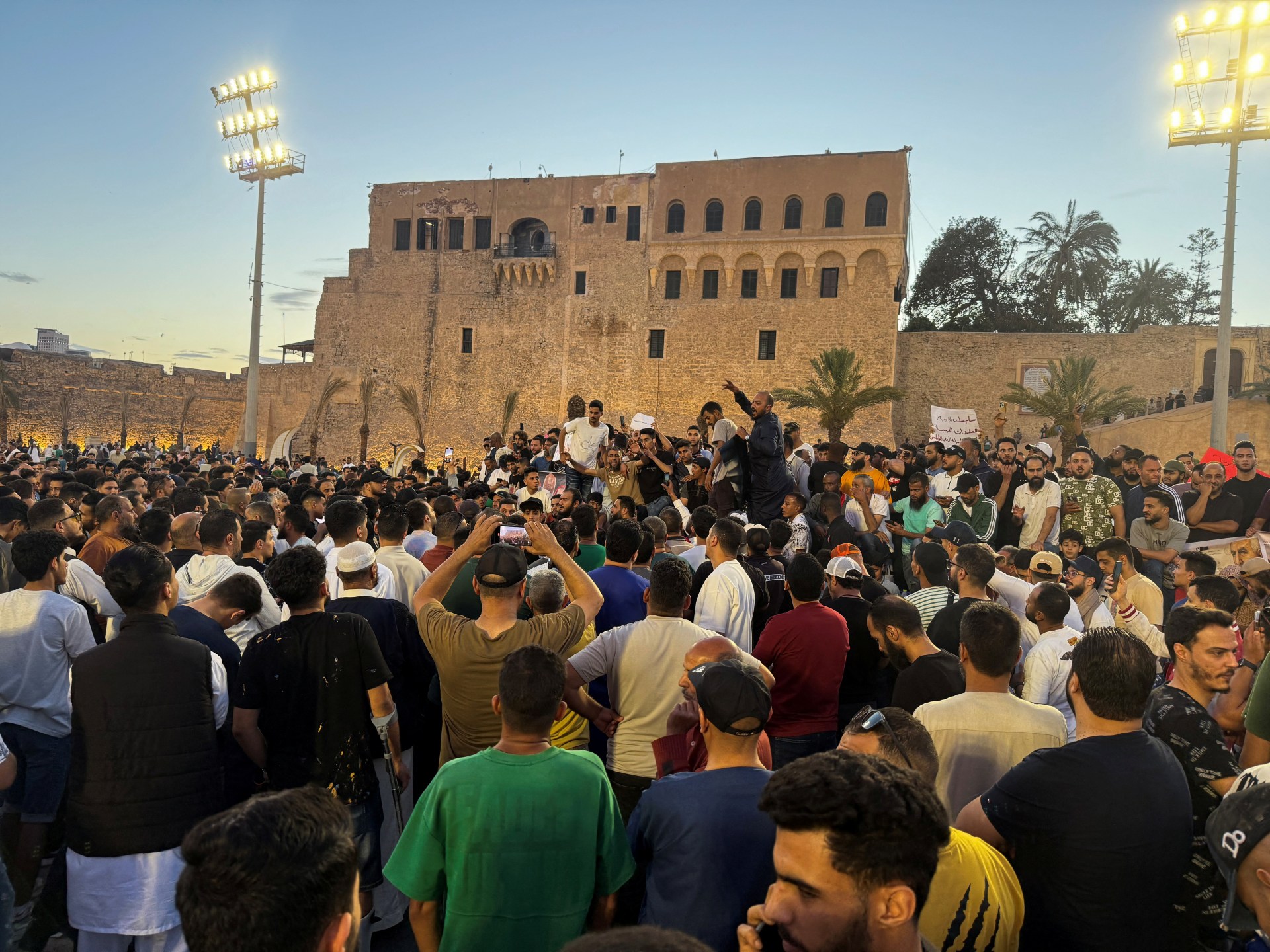- The imam urges pilgrims to pray for themselves, their parents and their families.
- The Imam emphasizes the importance of Sharia in lifestyle.
- Sheikh Al-Muaiqly prays for Palestinians under brutal oppression.
Sheikh Maher Al-Muaiqly, Imam of the Grand Mosque of Mecca, on Saturday emphasized cooperation and creating a spirit of mutual aid in the annual Hajj sermon delivered at Masjid-e-Nimrah.
In the sermon, the imam urged the pilgrims to pray to Allah for themselves, their parents and their families.
“Whoever prays for his brother in the back of the invisible, the angel entrusted to him will say: Amen, and the same for you.”
The Saudi Imam emphasized the importance of Sharia in leading a lifestyle that helps flourish and achieve development.
“Avoid harming others or harming them. It orders justice, virtuous morality, honoring parents, maintaining kinship ties, telling the truth, preserving rights by delivering them to their legitimate owners, creating trusts and fulfilling contracts,” he said.
The sermon came after more than 1.5 million Muslims reached Mount Arafat today for the climax of the annual Hajj pilgrimage, praying for hours, especially for Palestinians in war-torn Gaza.
Sheikh Al-Muaiqly also prayed for Palestinians suffering at the hands of Israeli brutality over the past eight months.
“Pray for our brothers in Palestine who have been under brutal oppression and denied freedom and provisions,” the imam said.
Dressed in white, worshipers began arriving at dawn for the most grueling day of the annual rites, ascending the 70-meter (230-foot) rocky hill where the Prophet Muhammad (PBUH) delivered his last sermon.
“This is the most important day,” said Mohammed Asser, a 46-year-old Egyptian, who came prepared with a list of prayers. “I also pray for the Palestinians. May God help them.”
This year's Hajj takes place in the shadow of the genocide unfolding in Gaza. Saudi Arabia's minister in charge of religious pilgrimages, Tawfiq al-Rabiah, warned last week that “no political activity would be tolerated” during the Hajj.
'Frightening' heat
The Hajj, one of the world's largest religious gatherings, is increasingly affected by climate change, according to a Saudi study published last month that said regional temperatures were rising by 0.4 degrees Celsius every decade.
The rituals, which last at least five days and are performed mainly outdoors, “are not easy because it is very hot,” said Abraman Hawa, 26, from Ghana.
“We have sun… but it is not that hot. But I will pray to Allah in Arafat, because I need his support,” he added.
The temperature was expected to reach 43 degrees Celsius on Saturday, creating challenges for pilgrims who arrived at Mount Arafat after spending the night in a giant tent city in Mina, a valley outside Mecca.
Saudi authorities have urged pilgrims to drink plenty of water and protect themselves from the sun. Since men are prohibited from wearing hats, many carry umbrellas.
More than 10,000 heat-related illnesses were recorded last year, 10% of them heatstroke, a Saudi official said. AFP this week.
'Once in life'
The Hajj is one of the five pillars of Islam and every Muslim with the means must perform it at least once.
However, visas, which are granted to individual countries through a quota system, can be difficult to obtain.
“It's a once-in-a-lifetime opportunity, I couldn't not come,” said Abdulrahman Siyam, a 55-year-old Iraqi pilgrim who was performing the rituals with a prosthetic leg.
After Mount Arafat, pilgrims will head to Muzdalifah, where they will collect stones to carry out the symbolic “stoning of the devil” ritual in Mina on Sunday.
It is also a major financial windfall for the kingdom, which is trying to develop religious tourism as part of a campaign to reduce its dependence on crude oil.
The kingdom received more than 1.8 million Hajj pilgrims last year, about 90% of whom came from abroad.
It also welcomed 13.5 million Muslims who came to perform Umrah, the pilgrimage that can be carried out throughout the year and which aims to reach 30 million pilgrims in total by 2030.












